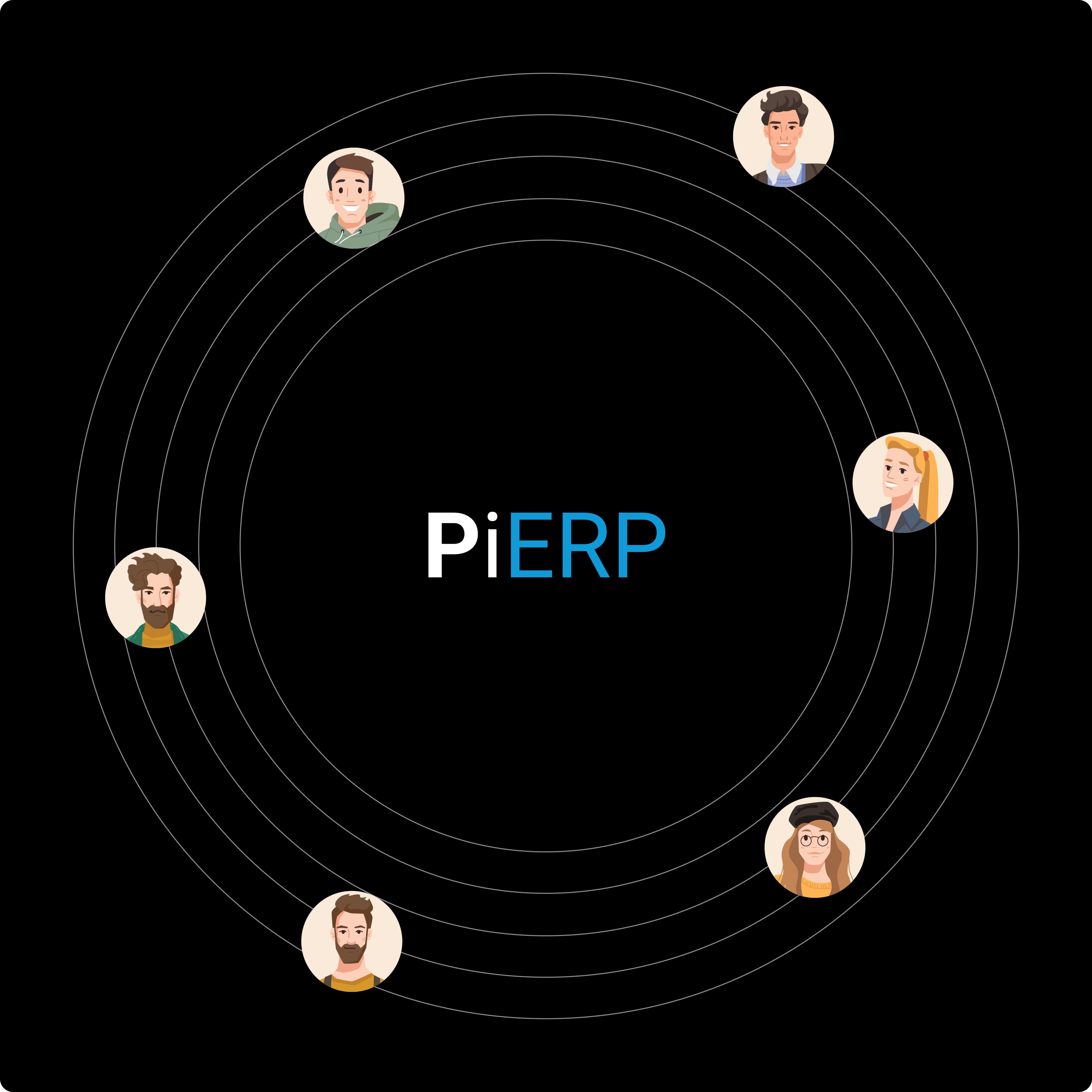In the real estate world, managing properties, clients, finances, and projects is a big task. That's where ERP for real estate comes in handy. These software systems are designed to make everything easier by bringing together all the important parts of a real estate business into one place. ERP for real estate industry modernizes real estate operations by integrating various tasks like property management, customer relationships, and financial tracking into one streamlined system.
Understanding Real Estate ERP Systems
Real Estate ERP systems are like super tools for real estate professionals. They help manage properties, handle client relationships, track finances, oversee projects, and ensure everything runs smoothly. By using ERP systems, real estate businesses can make smarter decisions, save time, and provide better service to clients.
Key ERP Modules for Real Estate Solutions
Let's explore the main parts of ERP modules for real estate that real estate businesses should know about:
1. Property Management
This module helps manage properties from start to finish. It keeps track of things like renting out properties, managing leases, scheduling maintenance, and tracking income from rentals.
Key Features:
- Lease Management: Keeps track of lease agreements and rent payments.
- Maintenance: Schedules repairs and keeps properties in good shape.
- Financial Tracking: Manages expenses and income related to properties.
2. Customer Relationship Management (CRM)
CRM modules help real estate professionals manage relationships with clients. They keep all client information in one place, help track leads, and manage communication to make sure clients are happy.
Key Features:
- Lead Management: Tracks potential clients and helps turn them into customers.
- Communication: Manages emails, calls, and meetings with clients.
- Client Records: Stores all client information for easy access.
3. Financial Accounting
This module handles all the money stuff for real estate businesses. It keeps track of expenses, income, and makes sure everything adds up correctly.
Key Features:
- Accounts: Manages payments to vendors and invoices to clients.
- Financial Reports: Creates reports like balance sheets and income statements.
- Budgeting: Helps plan and manage financial budgets.
4. Project Management
Project management modules help oversee big projects like building new properties or renovating existing ones. They keep track of tasks, budgets, timelines, and make sure everything gets done on time and within budget.
Key Features:
- Task Management: This involves assigning tasks to team members and monitoring their progress.
- Budgeting: Manages project expenses and makes sure money is spent wisely.
- Timeline Tracking: Keeps track of project milestones and deadlines.
5. Asset Management
Asset management modules help track and manage real estate assets. They keep tabs on things like property values, maintenance schedules, and ensure assets are used efficiently.
Key Features:
- Asset Tracking: Monitors the condition and value of properties.
- Maintenance Scheduling: Plans repairs and upkeep to keep assets in good shape.
- Utilization: Ensures assets are used effectively to generate income.
6. Legal and Compliance
This module ensures real estate businesses follow laws and regulations. It manages contracts, leases, and other legal documents to avoid legal issues.
Key Features:
- Contract Management: Tracks agreements and ensures all parties follow the rules.
- Compliance: Makes sure real estate operations meet legal requirements.
- Risk Management: Identifies potential risks and finds ways to avoid them.
7. Business Intelligence (BI) and Reporting
BI and reporting modules help real estate professionals make smart decisions based on data. They analyze information like property trends, market forecasts, and financial performance to improve business strategies.
Key Features:
- Data Analysis: Examines data to find patterns and trends.
- Performance Metrics: Tracks key indicators like property occupancy rates and rental income.
- Forecasting: Predicts future market trends and financial outcomes.
Choosing the Right Real Estate ERP System
When picking a Real Estate ERP system, consider factors like how easy it is to use, if it can grow with your business, and if it works with other software you use. The right ERP system should fit your needs and help your business succeed.
Benefits of Real Estate ERP Systems
Using a Real Estate ERP system offers many benefits:
- Efficiency: Makes managing properties and clients easier.
- Organization: Centralizes all critical information in a single location.
- Financial Accuracy: Ensures money matters are handled correctly.
- Better Decision-Making: Helps make smart choices based on data.
- Growth: Supports business expansion and handles more properties.
Conclusion:
In conclusion, Real Estate ERP software is a powerful tool that helps real estate businesses manage properties, clients, finances, and projects more efficiently. By integrating these modules into one system, ERP solutions streamline operations, improve customer service, and pave the way for business growth. Choosing the right ERP system is key to unlocking these benefits and ensuring long-term success in the competitive real estate market.






